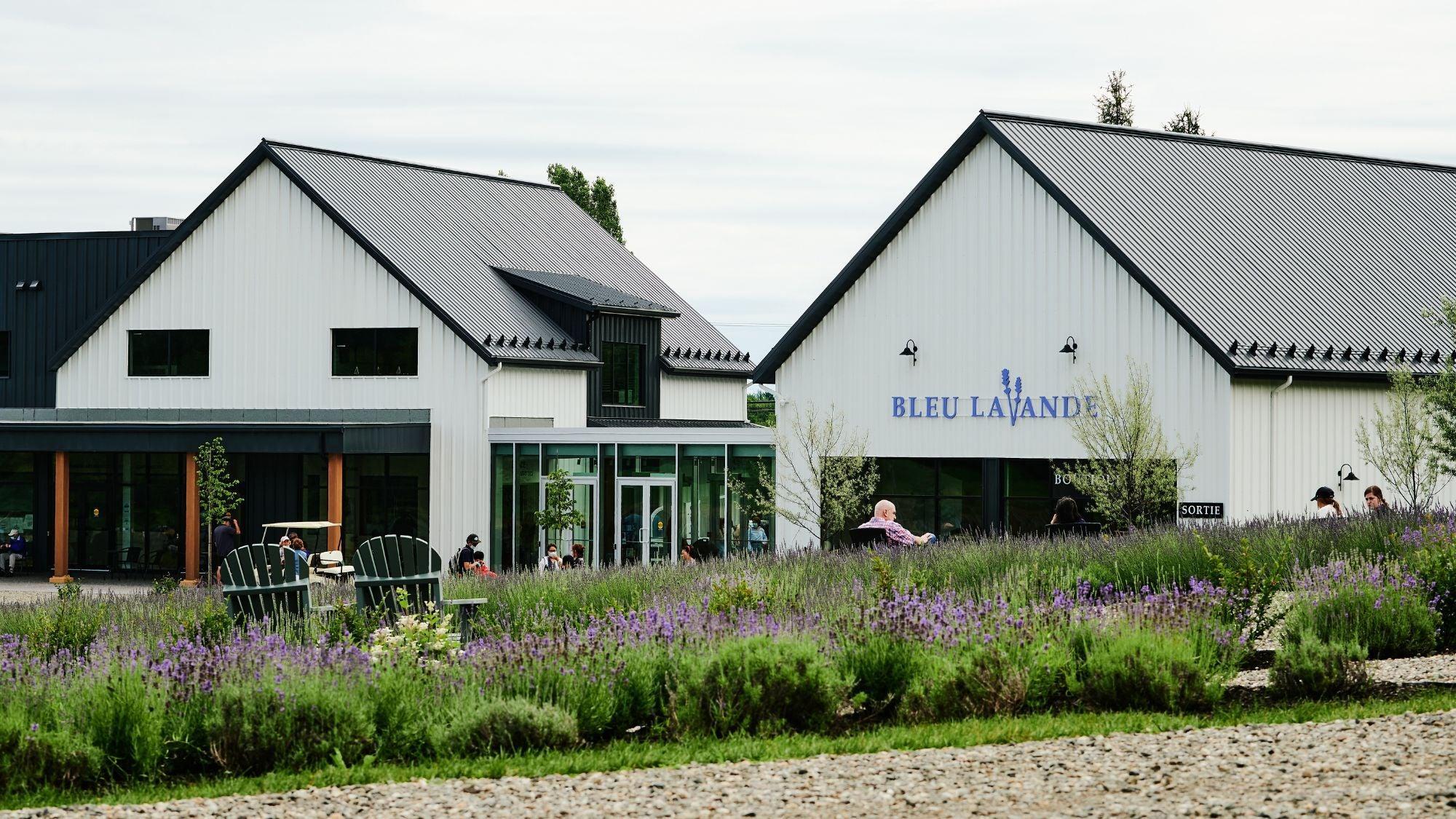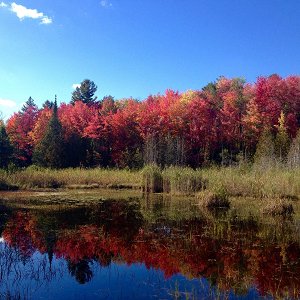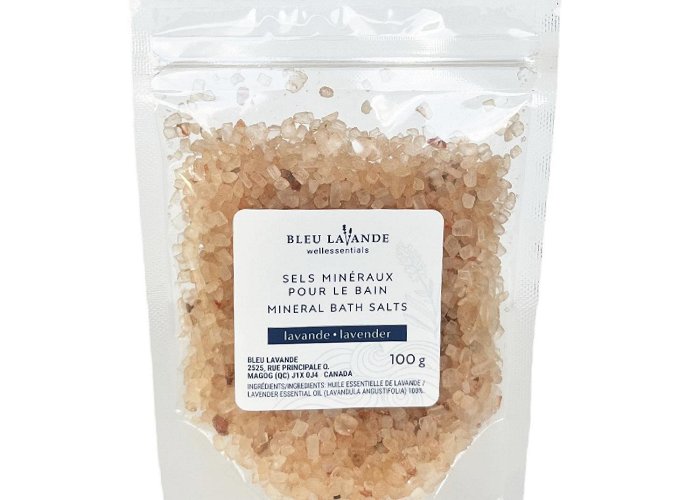
Embed Image

Embed Image
Bleu Lavande is a unique agrotourism destination located in Magog, Canada, offering a 100% pesticide-free environment for the cultivation of lavender plants. The site has gained considerable popularity for its commitment to sustainable and organic farming practices, making it an attractive location for tourists seeking natural and environmentally conscious experiences. The historical significance of Bleu Lavande lies in its innovative approach to agriculture, reflecting a growing global interest in sustainable farming methods and the preservation of natural ecosystems. Visitors can explore the vast fields of fragrant lavender, participate in educational workshops on organic farming, and gain insights into the ecological benefits of pesticide-free cultivation.
The site offers visitors the opportunity to engage with the cultural symbolism of lavender, known for its soothing and aromatic properties that have been valued for millennia. Beyond its agricultural significance, Bleu Lavande provides a serene and picturesque setting for visitors to immerse themselves in the natural beauty of the Canadian countryside. The farm's architectural style is designed to complement the surrounding landscape, with charming buildings and walking trails that showcase the vibrant colors and fragrances of the lavender fields. Visitors can participate in guided tours, hands-on workshops, and outdoor activities, allowing for a deeper understanding of the agricultural and ecological aspects of the location.
As a focal point for eco-friendly practices, Bleu Lavande promotes conservation efforts and sustainable tourism, emphasizing the importance of environmental stewardship. The site is accessible to visitors year-round, offering seasonal experiences such as the blooming of the lavender fields and the harvesting process. For those interested in engaging with history and nature in a sustainable and immersive manner, Bleu Lavande in Magog, Canada, provides a distinctive agrotourism destination where visitors can connect with the cultural, ecological, and agricultural significance of lavender cultivation.






















